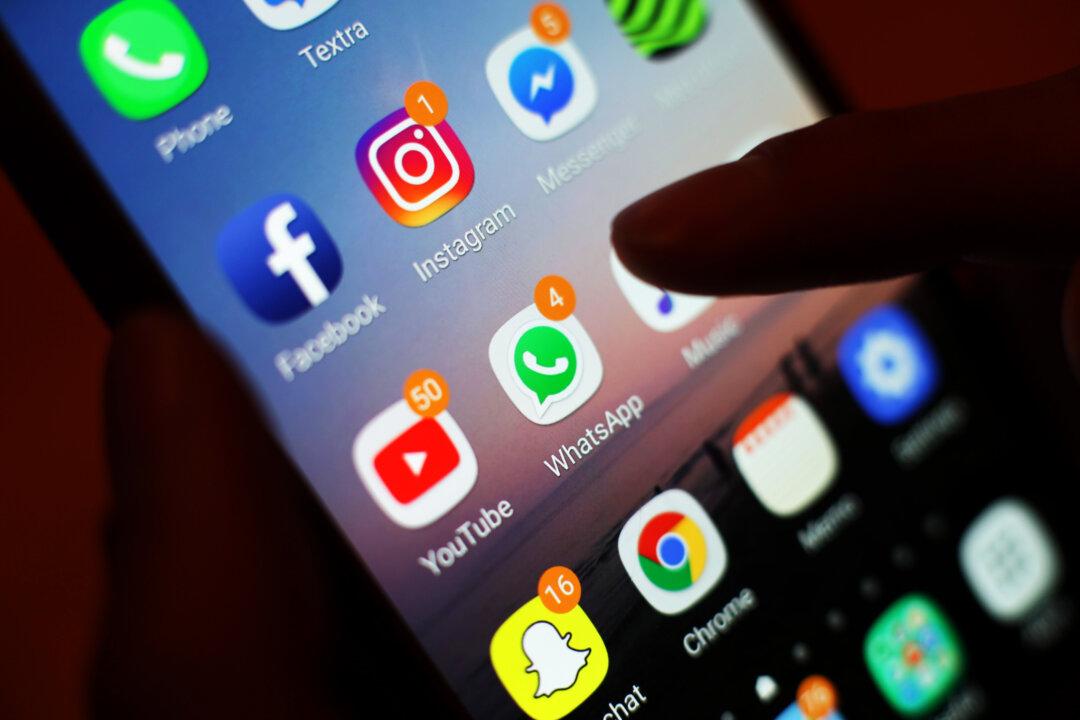South Carolina is a step closer to requiring K–12 students across the state to turn off and put away their cellphones and other personal electronic communications devices during the school day.
The South Carolina Board of Education on Aug. 14 unanimously approved a draft for a model policy on cellphone restrictions. The two-page proposal requires students to turn off and stash their cellphones, tablets, smartwatches, gaming consoles, and other electronic devices.





